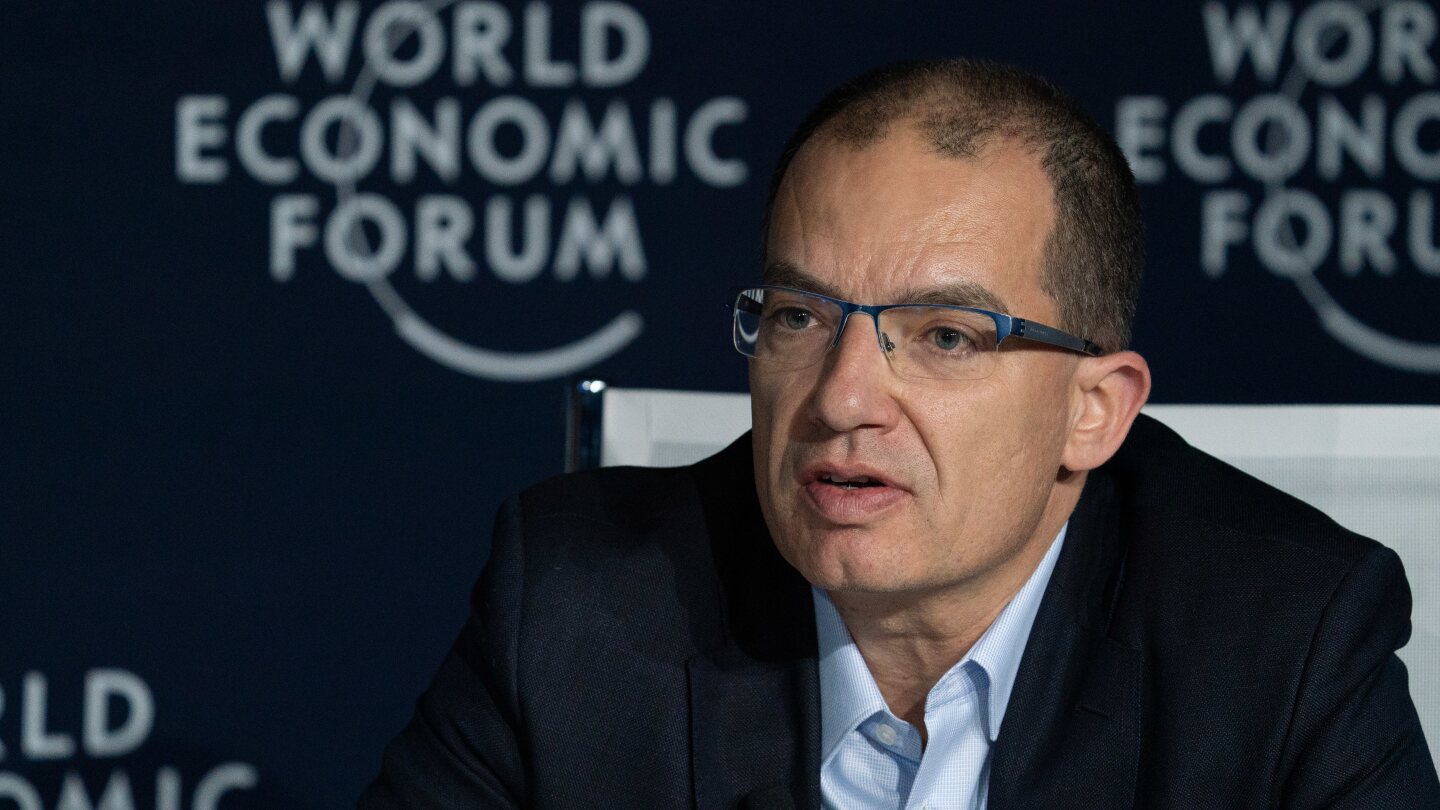Policy
Novo Nordisk has also spoken out strongly against Hims & Hers’ compounded Wegovy pill, with CEO Maziar Mike Doustdar telling investors the knockoff version is a waste of money.
Rep. Jake Auchincloss of Massachusetts said the Commissioner’s National Priority Voucher program did not receive congressional backing. The FDA has also not yet made disclosures for eight senior reviewers, according to Auchincloss.
U.S. President Donald Trump signed a spending package into law Tuesday that reauthorizes the FDA’s previously stalled rare pediatric disease priority review voucher program, among other initiatives, while ending a three-day partial government shutdown.
After suffering in the wake of expired tax incentives for pharmas, the island is trying to take advantage of geopolitics to grow its drug manufacturing sector.
The Senate failed to pass a massive spending bill on Thursday—which includes the rare pediatric PRV program but also funding for the Immigration and Customs Enforcement’s large-scale crackdown in Minnesota and other states.
Sanofi’s vaccine sales dipped 2.5% in 2025, with almost all immunization products declining. Nevertheless, CEO Paul Hudson doubled down on his support for vaccine development.
Phacilitate’s annual event dawns as cell and gene therapies reach a new tipping point: the science has hit new heights just as regulatory and government policies spark momentum and frustration.
Bristol Myers Squibb, GSK and Merck are contributing drug ingredients as part of their deals with the White House but are keeping many of the terms of their agreements private.
The FDA’s rare pediatric disease priority review voucher program missed reauthorization at the last minute in 2024; advocates have been fighting to get it back ever since.
Growing opposition to vaccines in the U.S., driven by recent government policy changes, makes it difficult to see a return on investment in vaccine development, Moderna CEO Stéphane Bancel said this week.
PRESS RELEASES










